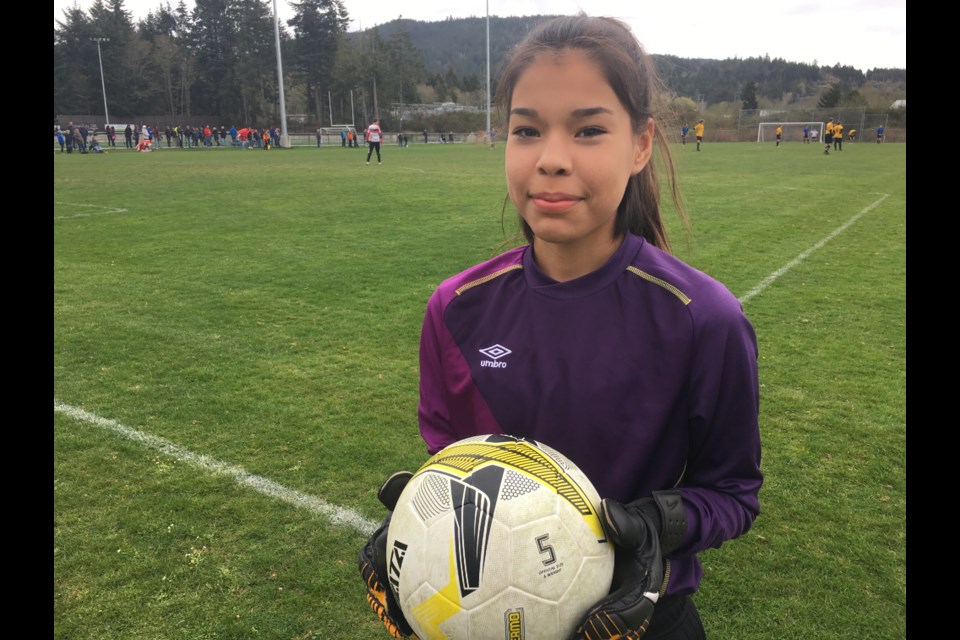Any time I am offered the opportunity to learn from Indigenous leaders and Elders, I am always honoured.
My favourite lessons are Elders’ teachings. If a teaching has lasted hundreds of years, being passed down from generation to generation, it must carry significant value.
About five or six years ago, an Elder at a community event shared the teaching: “You set the table and the lesson will come.”
It’s a beautiful phrase that explains so simply how to host an event and bring communities together. Translated to the rest of us, it means to ditch the agenda and stop stressing over intended outcomes.
In Indigenous culture, sharing a meal is how people come together and when people come together, good things happen. This Elders’ teaching identifies the lessons will emerge and happen, it’s not up to the event organizer to dictate to others what the lessons will be.
This is a powerful message. Sometimes, we do need to stop and share a meal with people, and we need to trust the process.
Through my job at M’akola, I have spent the past year organizing the Change-Makers Gathering, a community event on June 17 that will launch Indigenous People’s Week.
The event is based on the Elder’s teaching and we are setting the table and inviting community leaders, change-makers and families from Indigenous and non-Indigenous communities to share a meal.
Chefs at Bear Mountain Resort have created an Indigenous-themed feast with dishes that have never been served at the resort before. We have hired an Indigenous stencil and mural artist who will lead an interactive Indigenous art project and we have Indigenous drum-and-dance groups performing.
My passion is finding ways to bring Indigenous and non-Indigenous communities together in partnership. When we work together, our communities are stronger. I believe we need to meet in the middle to get there.
This isn’t a new thought. It has been a teaching for hundreds of years.
I wrote a column referencing the word nétsamaát, which means: “We are all one.” When you walk in the Songhees Wellness Centre, the word is displayed proudly in the foyer. Across Vancouver Island, I’ve also come across the words naut sa mawt, nawt-sa-maat and na’tsa’maht. While the translation isn’t identical, they are close: “Working together as one,” “One house, one heart, one prayer” and “One mind, one spirit.”
I have been a part of many planning committees for National Indigenous People’s Day events and, this year, I wanted to try something new, to bring together our change-makers and future change-makers to share a meal and just see what emerges. So far, it’s been a string of partners who share the same vision.
PacificFC, Rugby Canada and the Shamrock lacrosse teams have stepped up to offer free sports clinics for children, and Bear Mountain is offering clinics for tennis, golf and mountain biking, as well as free swimming. The sports clinics are for both Indigenous and non-Indigenous children who want to come and learn from our leaders in sport and build partnerships with each other.
To me, National Indigenous People’s Day is such an important day that should garner attention and participation from all community members in our region and beyond. When I was young, there was no such thing as National Indigenous People’s Day. I know things have changed and they are still changing, but if we can show Indigenous youth in our region that they are supported, their history is valued, and their culture is recognized they are bound to be stronger.
If non-Indigenous children grow up in families that emphasize the importance of celebrating National Indigenous People’s Day, they will be adults who raise their children to do the same. We need to eradicate the “us and them” and acknowledge that “we are all one.”
I know it sounds like a daunting task, but it’s simple. We need to sit at a table, share a meal and our lessons will come.
I ask for your support by signing up your child for a free sports clinic or by joining me at the Change-Makers Gathering feast. For more information, go to changemakersgathering.ca or reach out to me directly.
Charla Huber is the director of communications and Indigenous relations for M’akola Housing Society and M’akola Development Services.



